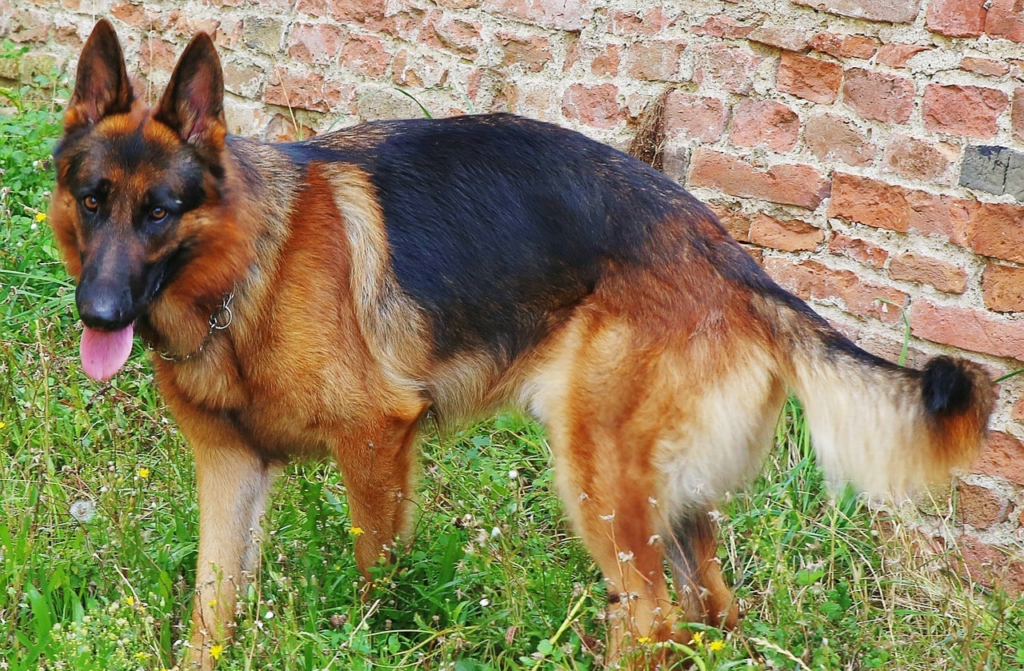Introduction:
Welcome to the fascinating world of canine intelligence! If you’ve ever wondered which dog breeds top the charts when it comes to smarts, you’re in for a treat. In this article, we’ll delve into the smartest dog breeds, as determined by scientific research. Prepare to be amazed by the cognitive prowess of our four-legged friends.
Understanding Canine Intelligence:

Before we jump into the rankings, let’s take a moment to understand how canine intelligence is measured. Scientists often assess a dog’s intelligence based on various factors such as problem-solving abilities, trainability, and adaptive learning. Dr. Stanley Coren, a renowned psychologist, introduced the concept of working and obedience intelligence, which are crucial in determining a dog’s overall smarts.
Border Collie:

The Einstein of Dogs Known for their exceptional problem-solving skills and agility, Border Collies have consistently topped intelligence rankings. Their ability to understand and execute commands is truly remarkable.
Poodle:

Brains Wrapped in Fluff Don’t be fooled by their stylish haircuts – Poodles are incredibly intelligent. These elegant dogs excel in various activities, from obedience training to agility competitions.
German Shepherd:

The Canine Genius Renowned for their loyalty and versatility, German Shepherds are quick learners and thrive in various roles, including police work and assistance tasks.
Golden Retriever:

Intelligence with a Golden Heart Beyond their friendly demeanor, Golden Retrievers showcase remarkable intelligence. They’re known for their obedience and adaptability, making them fantastic family pets.
Scientific Insights into Canine Cognition Researchers have delved deep into the world of canine cognition to understand how dogs think and problem-solve. Studies using MRI scans have shown that dogs have complex brain structures similar to humans, particularly in the areas associated with emotions and social bonds.
Factors Influencing Canine Intelligence
Genetics:
The Blueprint of Brilliance Genetics play a significant role in determining a dog’s intelligence. Breeds with a long history of selective breeding for specific tasks tend to exhibit higher cognitive abilities.
Environment: Nurturing Brilliance A stimulating environment is crucial for developing a dog’s intelligence. Regular mental and physical exercises, along with positive reinforcement, contribute to a dog’s overall cognitive well-being.
Training Techniques for Smart Dogs
Positive Reinforcement: Treats and Praise Smart dogs respond well to positive reinforcement. Using treats, praise, and playtime as rewards during training sessions enhances their eagerness to learn.
Challenging Games and Toys: Keep Those Brains Busy Engaging a dog’s mind with interactive toys and challenging games helps stimulate cognitive function. Puzzle feeders and toys that dispense treats are particularly effective.
Incorporating Intelligence into Everyday Life
Assistance and Service Work: Dogs Making a Difference Many of the smartest dog breeds are actively involved in service work. From guiding the visually impaired to providing emotional support, these dogs contribute significantly to society.
Canine Jobs: Utilizing Intelligence in the Workplace Certain breeds are employed in various roles, such as search and rescue, police work, and even therapy. Their intelligence makes them invaluable partners in these demanding professions.
Conclusion:
As we conclude this journey into the world of canine intelligence, it’s evident that dogs are not just our loyal companions but also remarkably intelligent beings. Understanding and appreciating their cognitive abilities can strengthen the bond between humans and their furry friends. Whether your dog is a Border Collie, a Poodle, or a Golden Retriever, each one possesses unique qualities that make them truly special.
FAQs
Q1: Can intelligence in dogs be improved through training? Absolutely! Regular training sessions, incorporating positive reinforcement and challenging activities, can enhance a dog’s cognitive abilities.
Q2: Are there specific signs that indicate a dog’s intelligence? Yes, signs include quick problem-solving, adaptability to new commands, and a keen understanding of human cues.
Q3: What role do genetics play in a dog’s intelligence? Genetics lay the foundation for a dog’s intelligence. Breeds with a history of selective breeding for specific tasks tend to exhibit higher cognitive abilities.
Q4: Can all dog breeds be trained to be intelligent? While all dogs can be trained, some breeds have a natural predisposition for higher intelligence due to their genetic makeup.
Q5: How can I stimulate my dog’s mind at home? You can stimulate your dog’s mind by providing interactive toys, engaging in challenging games, and incorporating obedience training into their routine.


